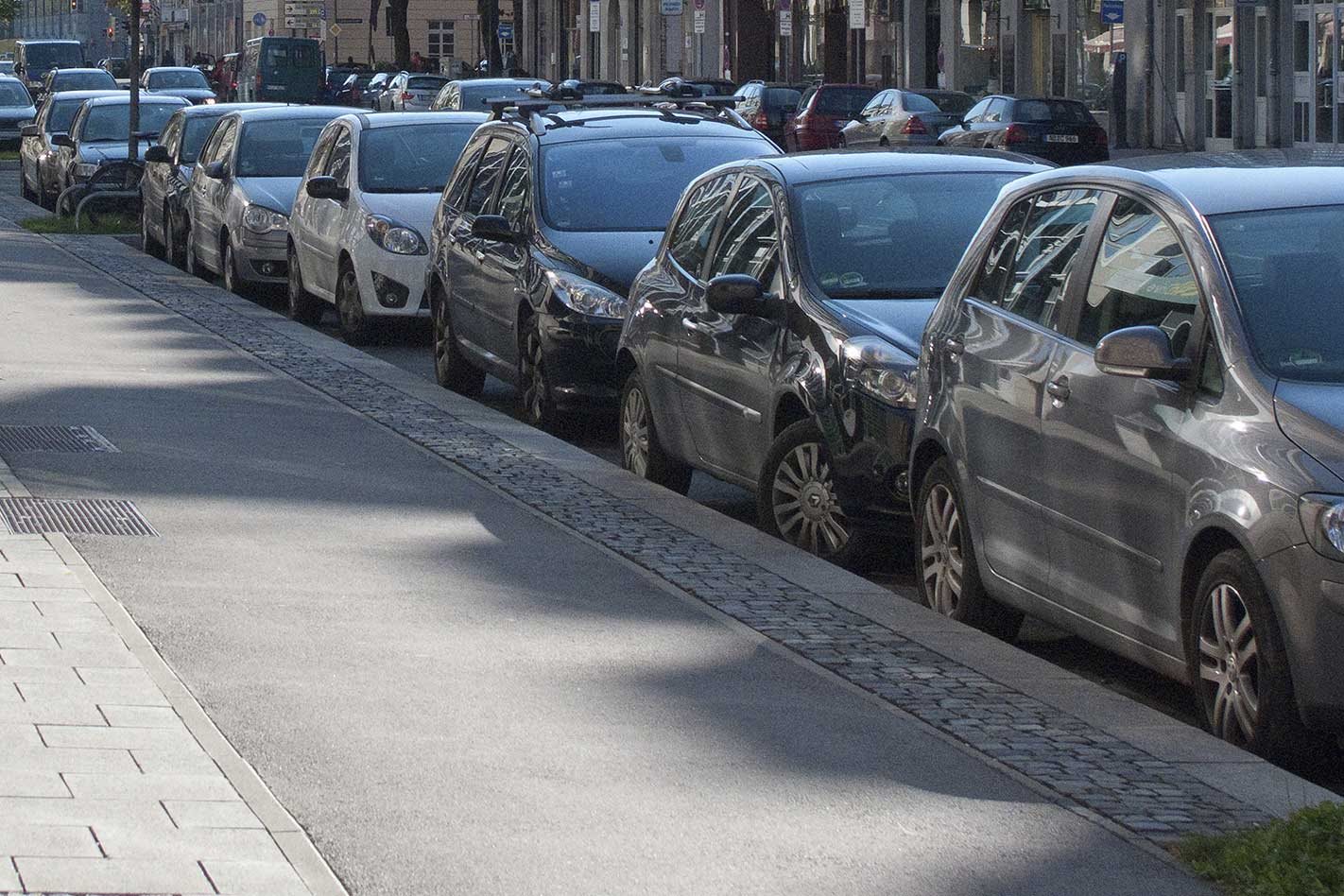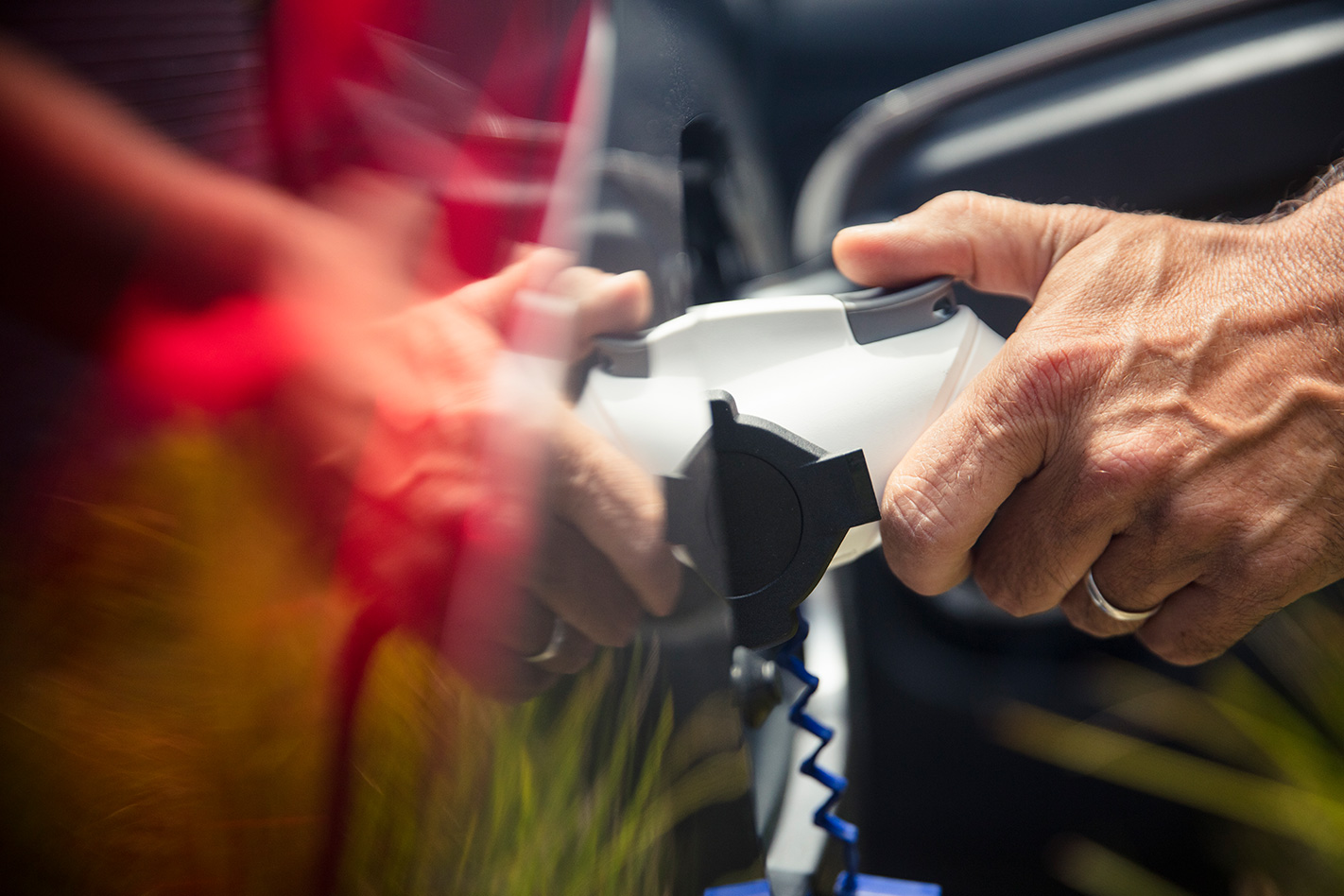
Picture the scene. A man is attempting to reverse park his car into a slightly small, definitely tricky spot, and after a few goes a bloke who’s been watching walks over and offers to have a go for him.
Does the driver A) accept the offer with a smile and good grace, B) flee the scene at high speed, covering his face and possibly weeping or C) run down the mean, cruel and insensitive git for being so rude?
If you’re a man, the answer is obvious. While a well-meaning woman might opt for option A, it will surely mark The End of Days if a bloke ever accepted help with reverse parking.
Like most things to do with driving, it’s a skill that the vast majority of men take enormous pride in (those who aren’t good at it simply don’t drive in crowded areas), and if you throw in the ability to reverse a car with a boat or trailer attached, it’s something that other blokes may worship you for.
As such, autonomous-parking systems, which are so common on cars in Australia that it’s a standard fitment to every Holden Commodore you can buy (a feature that may just have been aimed at countering research showing that women didn’t like the big Holden family car because it was too hard to park) should be anathema to blokes.
I’d always assumed that self-parking was the kind of feature a man would simply never use, out of pride, much like sun cream, Band-Aids or common sense. The make-up mirror on the back of a car’s sun visor stays similarly untouched.
But then a man I know, a regular Joe, told me how much he loved the self-parking trickery on his VW Passat, and how he uses it all the time. And did he not miss the deep satisfaction of nailing a sharp reverse park, first time, at a bit of pace? Apparently not.
This got me thinking that it was really my journalistic job to at least put these things to the test, just to see whether they work or not. Sure enough, the car I was driving, a Citroen C4 Picasso, which is like a people mover for not many people, was fitted with something called Park Assist. Better yet, it was designed to work in places like Paris, where people generally park using the “bump” method – basically pushing the cars in front and behind you out of the way, semi-gently – because spaces are so small and far between.
To properly test the software I found a spot that I would never have even dared attempt to get this little bus into and, after measuring the space with its radar during a slow drive-by, sure enough, it was up for it; beeping at me in a “bring it on”, jaunty French fashion.
From there you just take your hands off the wheel, gently apply the brake and throttle when instructed, and watch in wonder as the steering moves itself, at rapid speed.
Not only did the nifty Citroen get into the tight spot I’d asked for, it parked perfectly, within about an inch of the gutter, after a few goes. You can even use the same system to extract you on your way out, if someone’s badly parked you in for example.
This, I have to say, was a life-changing, epochal moment. Not only was autonomous parking a useful feature, it was, unbelievably, actually better at parking than a human. Than just about any human, in fact.
A whole new world opened up to me, as suddenly car spaces I would previously have driven past, whistling, pretending that they didn’t exist, became opportunities to thrill my children by allowing the “robot” to drive.
Here’s the thing, though; if I see a spot that’s easy now, or of just average difficulty, I still do the reverse parking myself. Partly because I fancy I’m slightly quicker, or perhaps less cautious, than the computer, and mainly because I love the challenge, and the satisfaction of getting it right. Although, I never get as close to the kerb as the Picasso can.
A lot of people hate reverse parking, of course, and found it the single hardest part of their licence test, and for them autonomous parking is a boon, and one they no doubt enjoyed using in their new cars from day one.
But there are people out there (mostly blokes) who are missing out on this joy, simply because of their ignorant pride. The world will be a better, neater and more compact place once everyone gets on board the self-parking train.
This does not mean, of course, that self-driving cars are a good idea. They, truly, are the End of Days.



